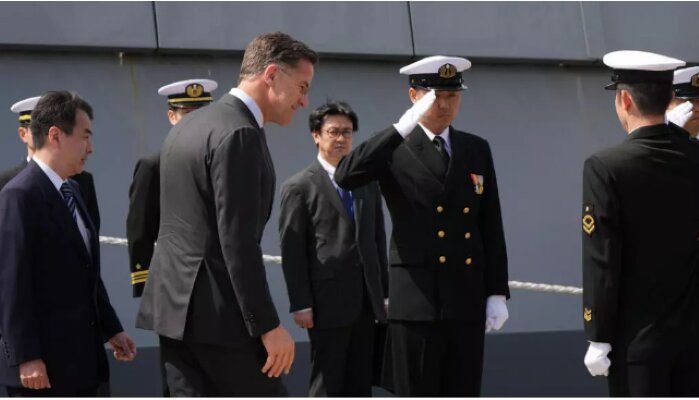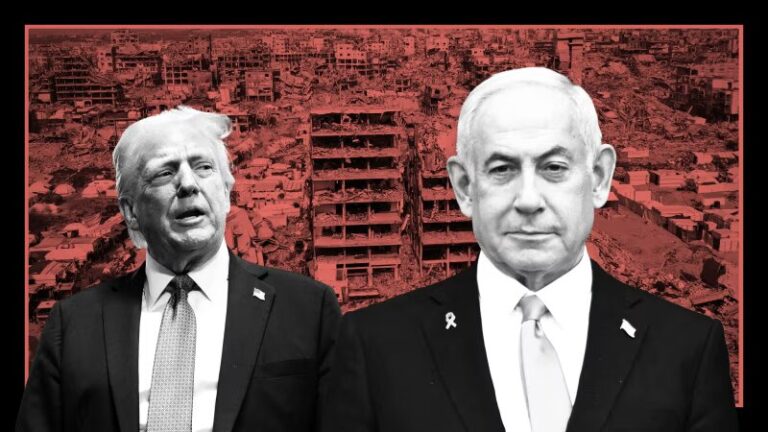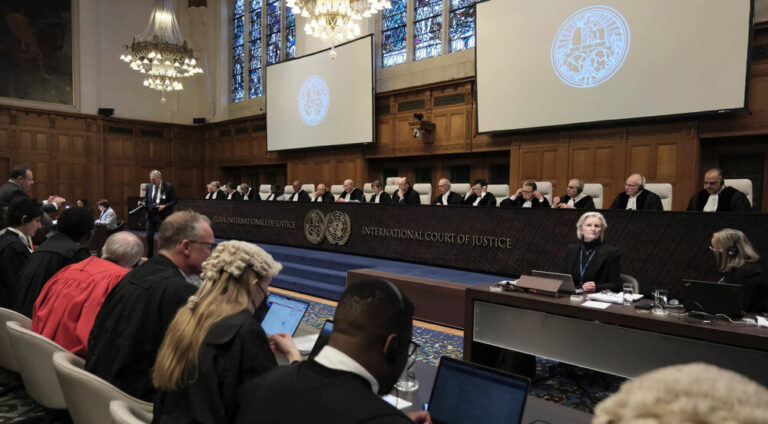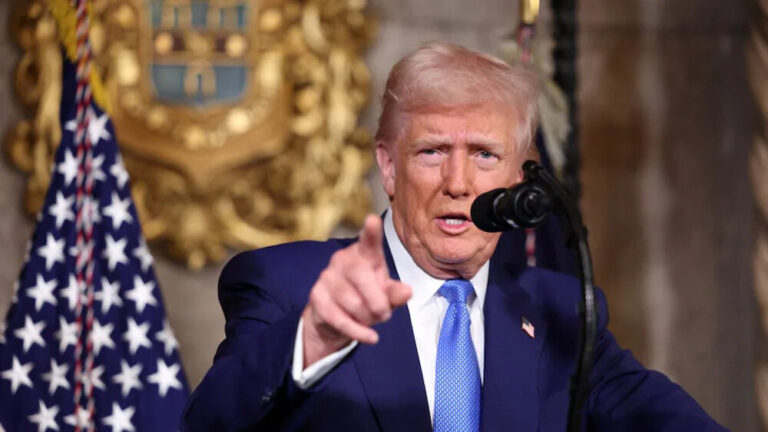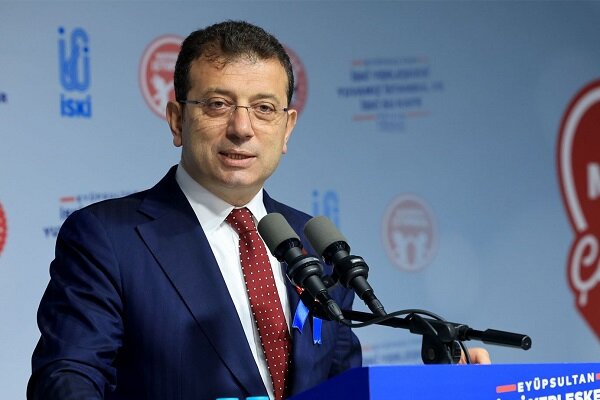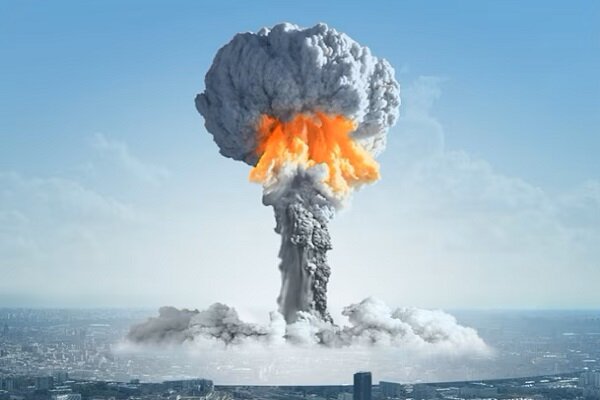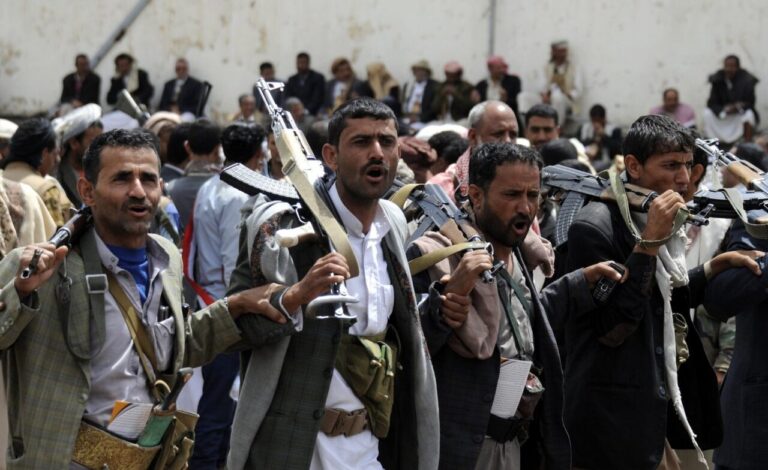NATO Chief Urges Vigilance Amid Rising Chinese Military Expansion
In a recent interview with the Japan Times, NATO Secretary General Mark Rutte emphasized the growing need for vigilance regarding China’s military advancements. His remarks come at a time when the United States is urging NATO allies to enhance their military capabilities to address rising tensions in the Asia-Pacific region.
Rutte highlighted the significant build-up of China’s armed forces and investments in their defense industry, stating that the scale of this development is “staggering.” The call for increased military spending among NATO members, particularly from US President Donald Trump, reflects a strategic shift towards enhancing collective security against potential threats.
Key points from Rutte’s interview include:
- US Pressure for Increased Military Spending: President Trump is advocating for NATO allies, especially in Europe, to raise their defense budgets.
- Focus on Asia-Pacific Region: There is a growing emphasis on strengthening military capabilities among Asia-Pacific allies to address challenges posed by China and North Korea.
- NATO’s Expanding Role: Rutte noted that NATO is increasingly expected to project power and support its members in the region, even if not necessarily in the context of Article 5, which commits members to mutual defense.
Article 5 of NATO emphasizes that if one member nation is attacked, it is considered an attack on all members, prompting a collective response. Rutte’s statements indicate a shift towards a more proactive approach in the Asia-Pacific, aimed at strengthening alliances and enhancing security cooperation.
During his visit to Japan, Rutte planned to tour the Yokosuka naval base and engage with key Japanese officials, including Prime Minister Shigeru Ishiba. This visit underlines NATO’s commitment to fostering closer ties with Asia-Pacific nations, particularly Japan, South Korea, Australia, and New Zealand—collectively referred to as the IP4.
In recent years, NATO has taken significant steps to bolster its relationships with these nations, with their leaders participating in NATO summits. Rutte expressed the desire to elevate this partnership, emphasizing the importance of information-sharing and defense-industrial cooperation. He stated, “We have to move beyond… joint declarations… let’s make it practical,” signaling a commitment to actionable strategies and collaborative efforts.
Japan has also been actively enhancing its military relationships with European nations. Last November, Tokyo and the European Union announced the establishment of a new security and defense partnership, further solidifying their commitment to mutual security objectives.
As geopolitical dynamics evolve, the emphasis on military preparedness and collaboration among NATO and its allies becomes increasingly vital. Rutte’s comments reflect a broader recognition of the challenges posed by emerging powers and the need for collective action to ensure stability and security in the region.
In conclusion, the dialogue between NATO and its Asia-Pacific partners marks a significant shift in global defense strategies. The push for enhanced military collaboration and defense spending is aimed at addressing the complexities of modern security threats, particularly those emanating from China’s rapid military expansion and the unpredictability of North Korea. As Rutte aptly noted, the time for mere declarations has passed; practical and effective measures are now essential to safeguard international peace and security.
With ongoing discussions and strategic initiatives, the international community will be closely watching how these partnerships develop and what implications they hold for global defense dynamics.
